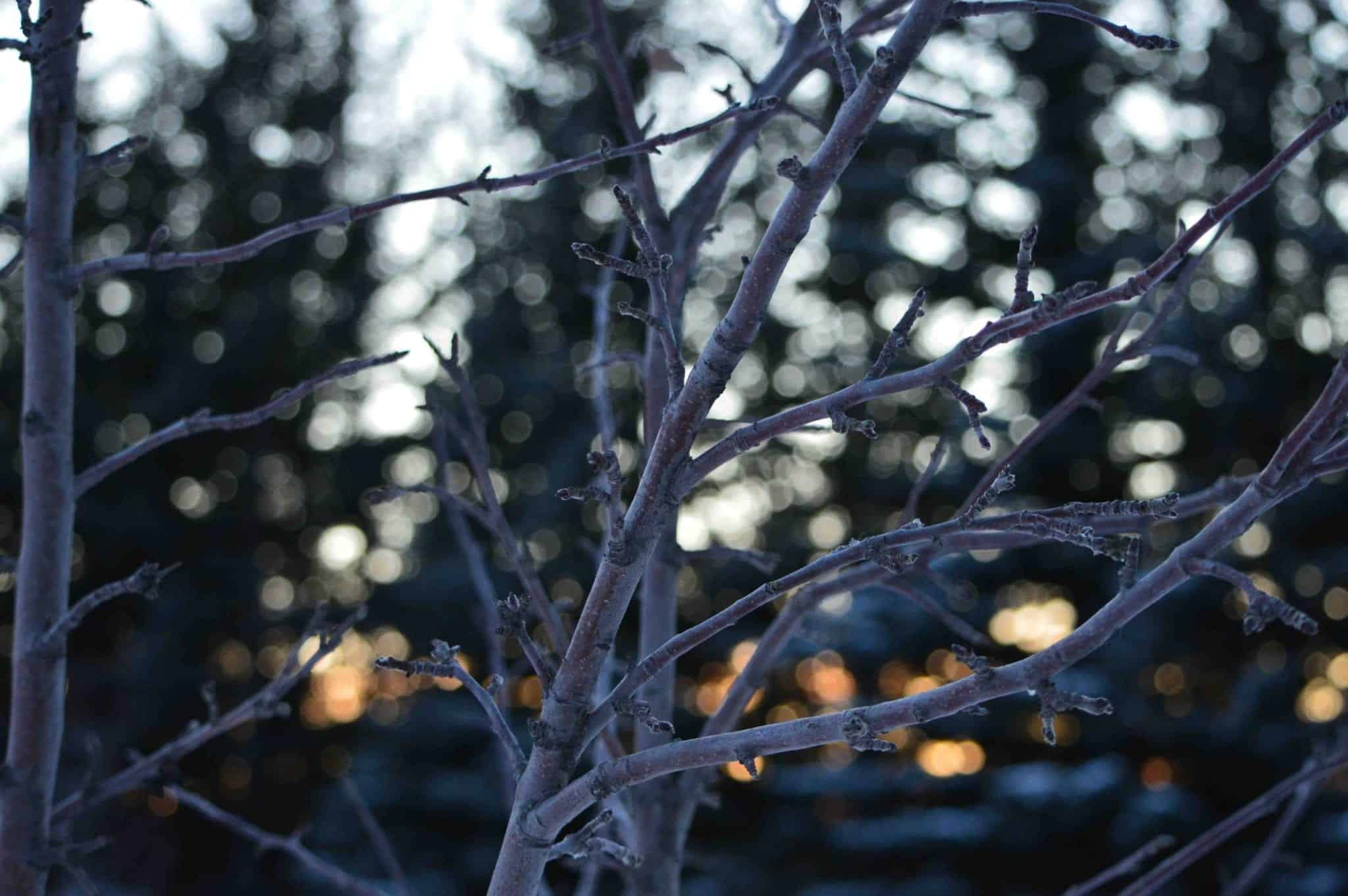TV review: Bridgerton

Sex, secrets and the Queen of England
by hannah polk, contributor
This Christmas, Netflix gave us an extra special gift.
On December 25, entertainment streaming company Netflix released a new binge-worthy television series, Bridgerton. Filled with steamy on-screen sex scenes and a racially diverse cast, the internet – of course – had a lot to say about it.
Set in the early 1800s England, the romantic dramedy follows the established Bridgerton family as they navigate London’s high society courting season. At the centre of the conflict is a mysterious narrator (voiced by Julie Andrews) and gossip columnist who hides under the pseudonym Lady Whistledown. Controversy and paranoia arise when the anonymous Lady Whistledown publishes frequent pamphlets detailing the most secret and insider scandals about the members within the ton (British high society). The series is based on a collection of romance novels written by Julia Quinn. Each book tells the story of a different Bridgerton sibling, making eight books in total.
The initial hype of the show was created by the production company, Shondaland, who recently signed a $150 million contract with Netflix. Producer and founder of Shondaland, Shonda Rhimes, has gained a significant following in the world of television due to her success in creating such shows as Grey’s Anatomy and Scandal. Her fans were expecting nothing less than another award-winning television show when Bridgerton was announced.
While I’m sure that Bridgerton will pick up a handful of awards for costume design and acting, this certainly wasn’t the award-bait show that we were expecting. And I’m not sure anything could have prepared us for what we got.
Before I sat down to watch, I heard Bridgerton described as if Downton Abbey and Gossip Girl had a love child. I didn’t realize that description was going to be so literal.
As soon as I heard the silky smooth voiceover telling me about the scandals that these ultra-rich characters are involved in, I had to check that it was for sure set in London and not the Upper East Side.
From the cinematography to the appearance of the actors, the entire production is very Hollywood. I imagine if Downton Abbey was produced through NBC instead of by Masterpiece on PBS, we might have gotten a Bridgerton sister series. Does that make sense to anyone else? Just me? Cool.
The script is generally well-written with clever dialogue and all the muted humour that a TV drama is normally packed with.
Something not so common is the many, many sex scenes.
Seriously, do not watch this show with your parents. Time has never passed as slowly as it did when I was sitting next to my mom and dad while, on screen, the female lead explored masturbation for the first time for a full thirty seconds.
It’s not a taboo that sex is one of the main themes in Bridgerton, and I’m all for it! Girls discovering and owning their sexuality? Yay, go women! Gay men having to hide their lovers otherwise they’ll be killed or shunned? It should be talked about more! A woman’s innocence being valued over her identity as a person? I’m glad someone finally said it!
With all that said, I thought the way they addressed it could have been more subtle. There’s a saying in visual art: “show, don’t tell.” But in the case of Bridgerton there was so much showing, it took away from what they were trying to tell. In my opinion, it became more of a sexual showcase than an artistic inclusion.
If sex sells, Bridgerton is filthy rich. After all, I’m the one writing a review about this show because of how scandalous it was to watch, which is just more exposure for them.
Another aspect of the show that drew attention was the racially diverse casting. In Bridgerton, the Queen of England is Black and so are about one third of the other characters in this fictional high society.
One fan commented on it, explaining that at first she thought the casting was “colour-blind” and that this fantasy land of racial equality was just what we needed to see after everything we went through in 2020. Although, a few episodes in, a comment is made by the Queen to the male lead (who is also a Black man) about how they are only allowed in high society because the King fell in love with a Black woman and they shouldn’t take their place of privilege for granted. This is essentially the only mention of the racial differences in the show. I found it left me even more confused than before.
Another viewer said that it felt like a mistake. As if they were planning to have race as a theme but then decided against it, accidentally leaving that one scene in.
Regardless of the intention of the Bridgerton creators, representation is important and I’m glad to see more people of colour on screen.
Overall, Bridgerton is a must-watch for soapy television lovers. It’s not the epitome of artistic perfection and it’s certainly not for everyone. I’m not sure I would even consider it “good” TV with all its flaws included.
However, it is fun, easy to watch, and entertaining. And sometimes, that’s all you need in a Netflix show.
Bring on Season 2!









